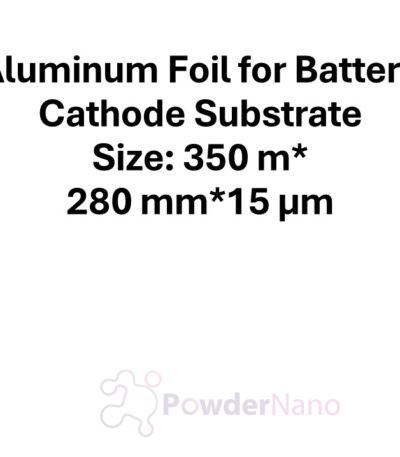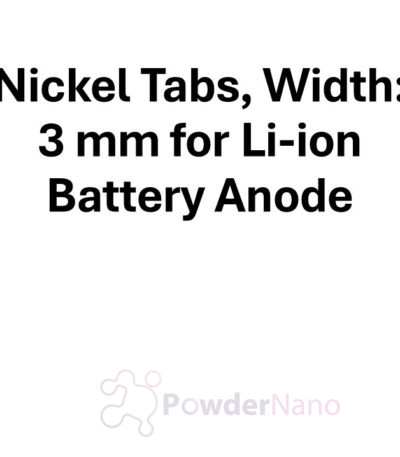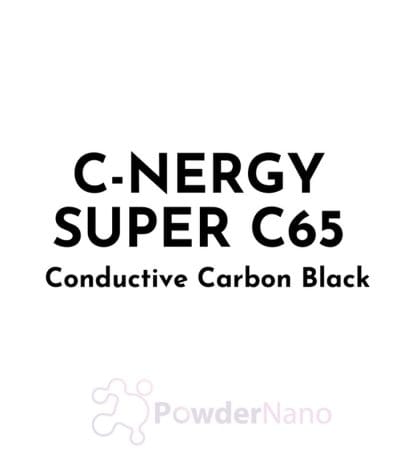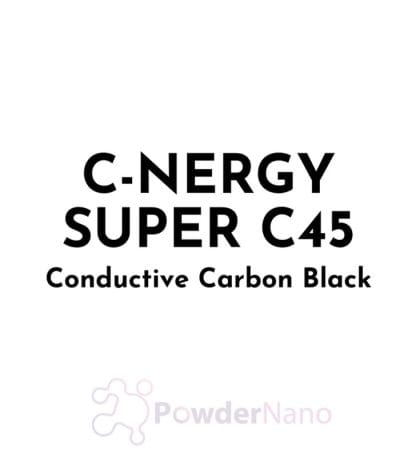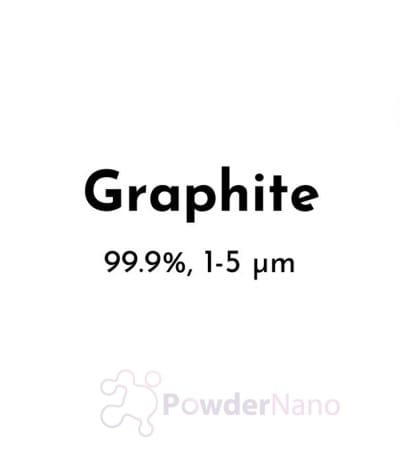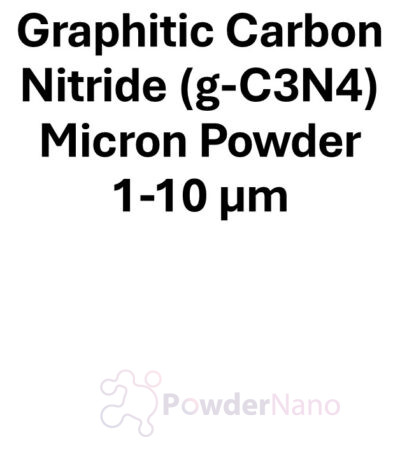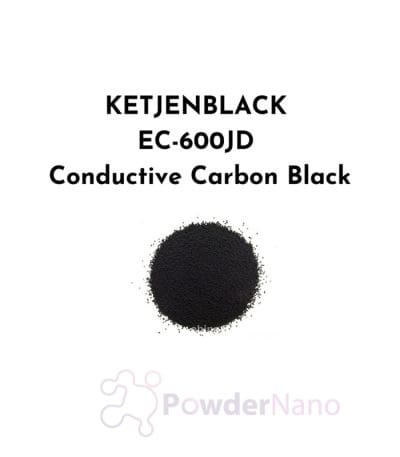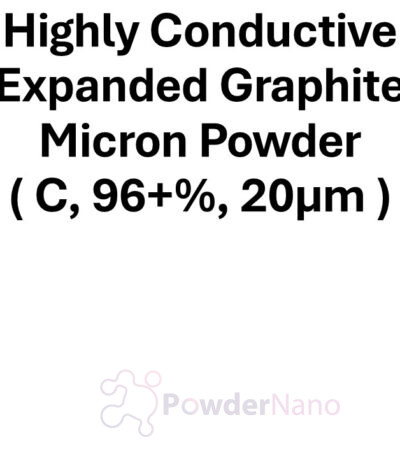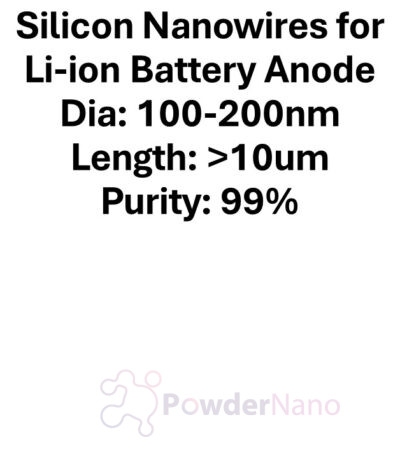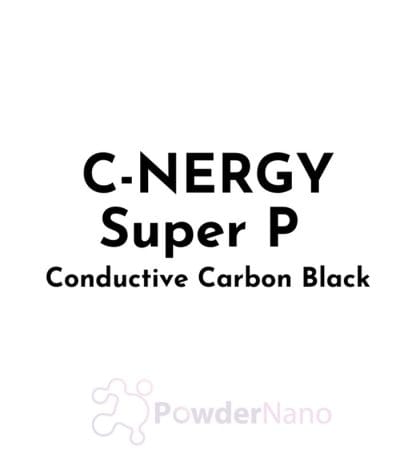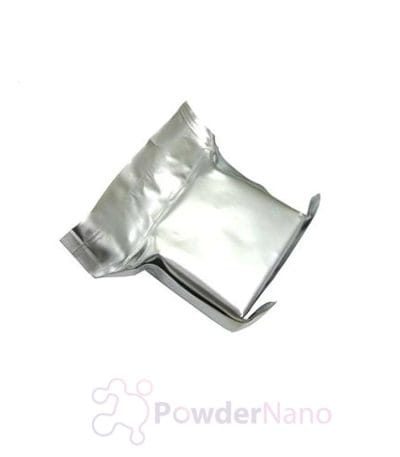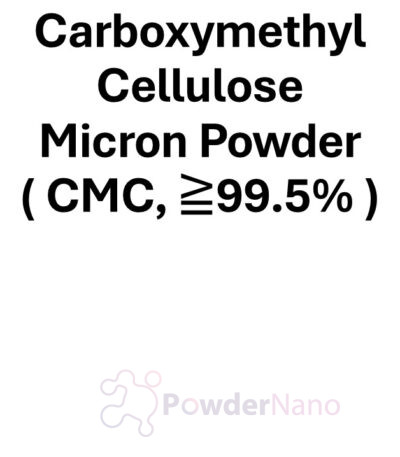Technical Specification:
- Material Composition:
- Chemical Formula: C₆H₇O₂(OH)₂OCH₂COONa (Sodium Carboxymethyl Cellulose)
- Purity: ≥99.5% (high-purity grade for industrial and research applications).
- Physical Properties:
- Appearance: White to off-white powder.
- Particle Size: Micron-sized particles, typically tailored for specific applications.
- Solubility: Highly soluble in water, forming a clear, viscous solution.
- pH Range: 6.5–8.5 (1% solution, varies slightly by grade).
- Chemical Properties:
- Degree of Substitution (DS): 0.6–0.95 (varies by grade).
- Indicates the number of carboxymethyl groups per glucose unit.
- Viscosity: Adjustable based on application (low, medium, or high viscosity grades available).
- Ionic Nature: Anionic polymer.
- Degree of Substitution (DS): 0.6–0.95 (varies by grade).
- Thermal Properties:
- Stable up to 200°C under normal conditions.
- Begins to degrade at higher temperatures.
- Compatibility:
- Compatible with a wide range of materials including water, solvents, and other polymers.
Applications:
- Primary Applications:
- Binder in Lithium-Ion Battery Anodes:
- Used as a water-soluble binder for anode materials (e.g., graphite), ensuring structural integrity and performance.
- Thickener and Stabilizer:
- Acts as a rheology modifier and stabilizer in various industries.
- Binder in Lithium-Ion Battery Anodes:
- Industries:
- Energy Storage:
- Essential in lithium-ion battery manufacturing for creating strong and stable anode materials.
- Pharmaceuticals:
- Used as a binder, disintegrant, and stabilizer in drug formulations.
- Food Industry:
- Acts as a thickener, emulsifier, and stabilizer in food products.
- Personal Care:
- Enhances viscosity and stability in shampoos, lotions, and cosmetics.
- Paper and Textiles:
- Used in coatings, adhesives, and textile sizing for improved performance.
- Energy Storage:
- Advantages for Applications:
- Water Solubility:
- Dissolves easily in water, simplifying application in various formulations.
- High Purity:
- Ensures minimal contamination and consistent performance.
- Excellent Film-Forming Properties:
- Provides strong and flexible coatings, ideal for use in batteries and other industries.
- Eco-Friendly:
- Biodegradable and non-toxic, aligning with sustainable manufacturing practices.
- Water Solubility:
- Specialized Uses:
- Lithium-Ion Battery Manufacturing:
- Improves adhesion of active materials to current collectors, reducing resistance and enhancing cycling stability.
- High-Performance Anodes:
- Enhances the mechanical strength and performance of advanced anode materials in batteries.
- Rheology Control:
- Used in controlling the flow behavior of suspensions, emulsions, and gels.
- Lithium-Ion Battery Manufacturing:
- Challenges and Mitigation:
- Moisture Sensitivity:
- Absorbs moisture easily, which may affect storage.
- Solution: Store in a dry, sealed environment.
- Absorbs moisture easily, which may affect storage.
- Thermal Degradation:
- Can degrade at high temperatures.
- Solution: Limit exposure to high heat during processing and storage.
- Can degrade at high temperatures.
- Moisture Sensitivity:
Summary:
Carboxymethyl Cellulose Micron Powder (CMC, ≥99.5%) is a versatile, high-purity material widely used as a binder, thickener, and stabilizer across multiple industries. Its excellent solubility, film-forming capabilities, and eco-friendly nature make it indispensable in lithium-ion battery anode manufacturing, pharmaceuticals, food, and personal care products. Its role in improving the mechanical strength and cycling stability of battery materials highlights its importance in advanced energy storage technologies.
